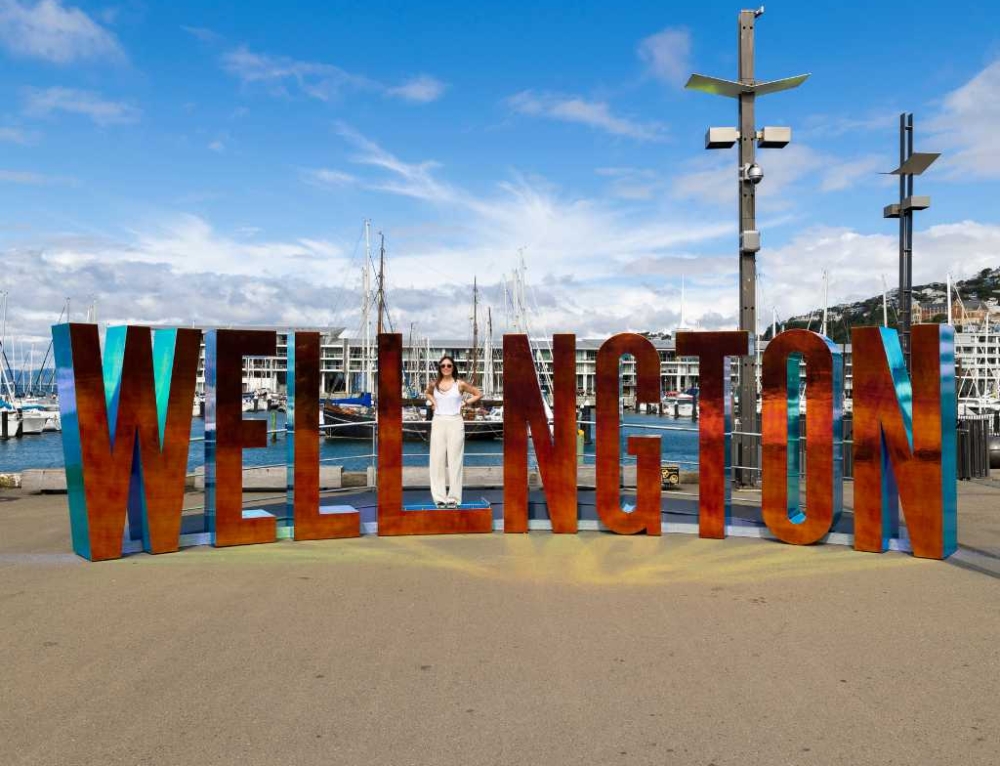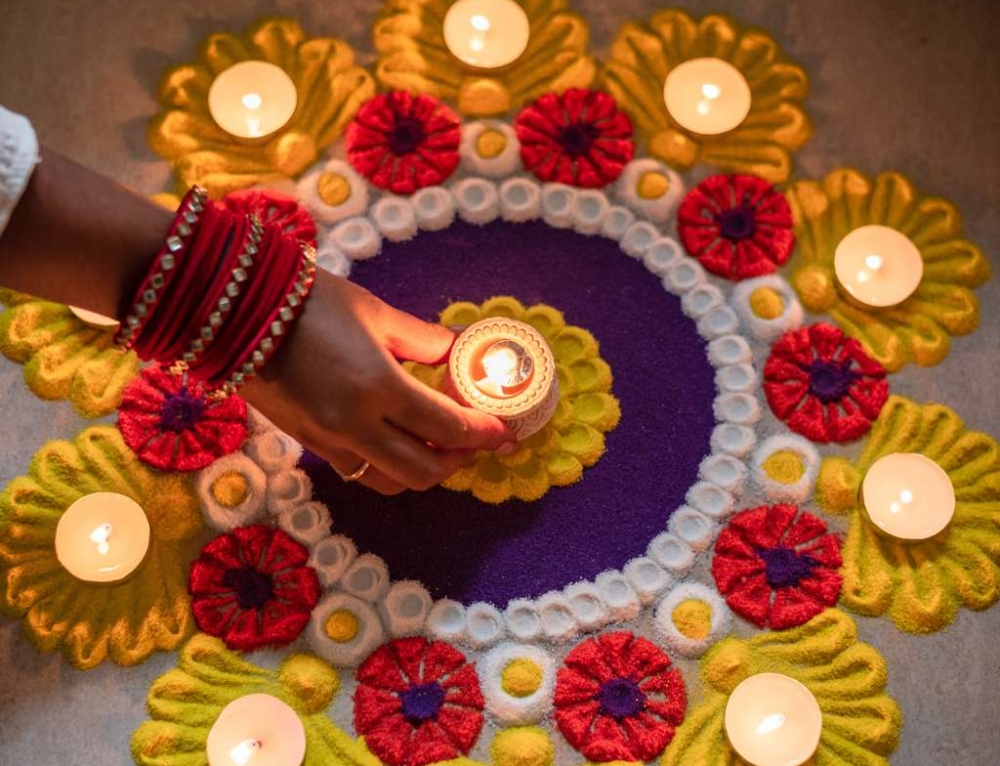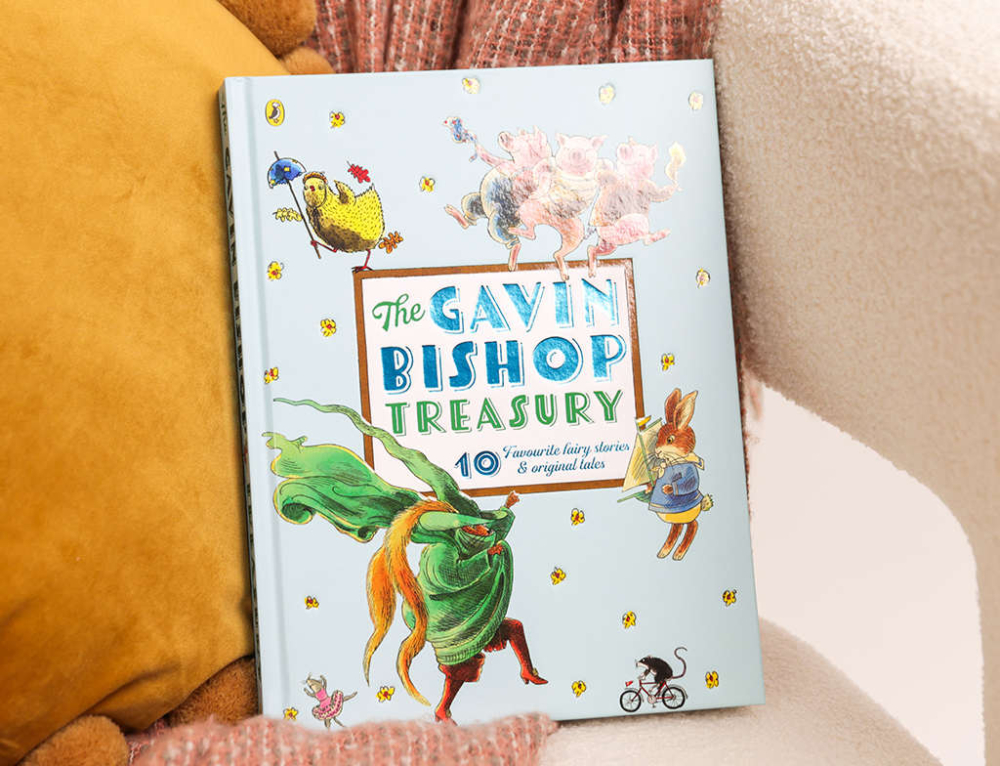Buying your first home takes careful research, planning and budgeting and, in the current environment, nerves of steel! For most people the biggest hurdle is saving for the deposit.
We take a look at what the experts say and also tips from our Kidspot whānau on what has worked for them.
Get your house in order
First up, the experts agree, it’s important to get your current finances into tip-top shape.
If you have any debt, and this includes credit card debt that you are not fully servicing each month, store cards, pay day loans, car or furniture payments, family debts, or pay-later options, clear that first. Pay off the highest interest items first, and consider a debt consolidation loan where you bundle all your debts into one and where the overall interest and penalties are lower overall.
Consider getting some free advice from a financial mentor to help you navigate this process and also ensure you are making the most of local networks and support. You can find a free, local financial mentor at Money Talks.
Set up a budget and allocate money towards paying off your debt.
Keep in mind that your financial health and history is going to be an important input into your home loan approval process.
Goal setting
Once you are ready to start saving, setting a savings target is the next step. In the current environment of rapidly increasing house prices this can be a bit of a moveable feast but do some research on what the house prices are like in the area you want to buy in, and what percentage deposit you will need to pay. Keep in mind that the higher percentage deposit you make, the less interest you will likely pay over the long term.
Put together a realistic budget and stick to it! There are lots of budgeting tools available online. Your bank might have tools that help you track your spending and make a budget, or you could use the easy to navigate budgeting tool at Sorted.org.
Work the system
If you are in KiwiSaver already you may be eligible for a KiwiSaver First Home Grant which is up to $5,000 towards an existing home or up to $10,000 towards a new home or land to build on per person. Check how much your employer contributes and consider increasing your contribution to ensure you get the maximum from them.
If you are not already with KiwiSaver, and you think saving your deposit will take more than three years, consider joining in order to get the benefit of the employer contribution as well as the annual $521 government payment.
If this will be your first home, check out the possibility of a First Home Loan underwritten by Kāinga Ora.
Save, save, save
We asked Kidspot users for their top tips on how they saved for their first home and here’s what they told us:
- We cut all non-essential spending (Netflix etc).
- Replaced takeaways with easy meals like tomato on toast or soup, and took a packed lunch to work.
- I stopped having a takeaway coffee every day and instead chose to treat myself to one takeaway coffee each week.
- Got out cash each week to cover non-essentials and only spent that. It meant I could see what I was spending and how much I had left, and stopped me using my EFTPOS card willy nilly.
- I set up an excel sheet to keep track of my essentials (rent, petrol etc.) and set up a savings projection graph so I could visualise my goal.
- I save a set percentage of my pay each fortnight and top that up with anything I don’t spend.
- I increased my Kiwisaver contribution.
- We would budget for bills and food and any money each week or month which was less then what we had budgeted went straight into the savings account.
- Our bank offers a system where they round your EFTPOS transactions up to the nearest $10 and that difference goes straight into a savings account.
- I make sure I don’t waste money on cheap stuff that I won’t eat or use eg, I eat a few cheaper meals (that I still like) and so I can occasionally have a great piece of steak.
- Buy homebrand grocery items but double check the bulk bin pricing as often it’s more expensive! I also make the effort to shop at my local fruit and vege shop as the prices there are great.
- I put all our bills on automatic payment so we never incurred penalties and we also only paid at the very last minute.
- We gave our deposit a real boost by selling one of our cars! We decided to make do with one and it wasn’t as difficult as we thought it would be.
- I babysat and put everything I earnt directly into my savings – it was amazing how much it added up to.
- We downgraded our rental property and saved $100 per week.
Changing goal posts
For many, the seemingly unrelenting increase in house prices makes the prospect of ever being able to own a home feel impossible. The good news is that interest rates fluctuate over time and the Reserve Bank and Government often put in place changes with the goal of slowing down the market when needed. So keep saving hard for your deposit!
What are your money saving tips?
See more:







Leave A Comment
You must be logged in to post a comment.